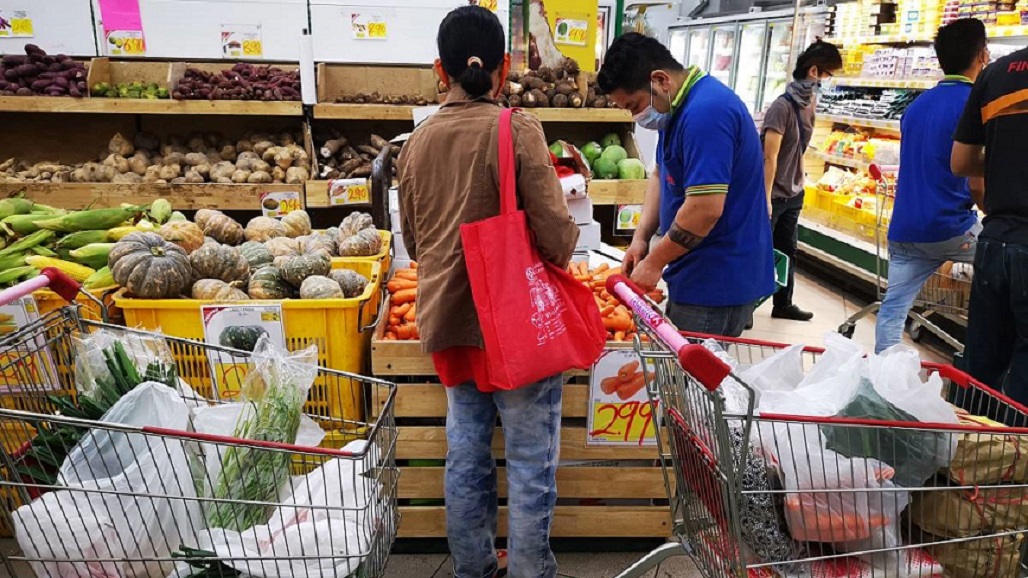The price control mechanism in Malaysia, which has the most price-controlled items in the region, has caused lower supplies of food staples, resulting in higher prices, according to the World Bank.
The World Bank’s lead economist for macroeconomics, trade and investment Dr Apurva Sanghi commented that the country’s price control mechanism and allocation of agricultural subsidies have distorted the efficiency in resources allocation.
To resolve the high cost of living issue, the World Bank sees the urgent need for the Malaysian government to review its price control mechanisms and agricultural subsidies.
Speaking at the public launch of the World Bank’s Malaysia Economic Monitor (MEM) 2023, Apurva pointed out that Malaysia’s high utilisation of price controls may have exacerbated the country’s cost of living issue.
“Guess which country in the region has the [highest] number of price controls? It is Malaysia. We found out that over half of the firms surveyed that were affected by these price controls revealed that they actually cut their production by a fourth,” said Apurva, citing the findings of the bank’s economic report.
“So if you have a shrinking supply as a result of price controls, that is gonna jack up the prices [of the affected goods],” he explained.
Commenting on subsidies, Apurva said despite Malaysians spending more on non-rice products, the bulk of agricultural subsidies goes towards supporting the production of rice.
“Put yourself in the shoes of a Malaysian farmer, you are subject to price controls so what you produce can’t get you that much money, and you have these subsidies coming in which don’t really incentivise you to produce what consumers are demanding.
“So the way out on the meso (mid-scale) front is that you have to increase supply by removing these distortions and providing incentives so supply increases and brings down the cost of goods,” he said.
In its MEM 2023, the World Bank also underlined that between 2019 and 2021, the prevalence of moderate or severe food insecurity in Malaysia was at 15.4% — equivalent to five million people.
“Insufficient diversification in domestic production has led to growing imports in important categories of food products, especially meats and edible offal, maize, and soybeans.
“This has adversely impacted the poor in Malaysia,” the World Bank said in the report.


Leave a Reply